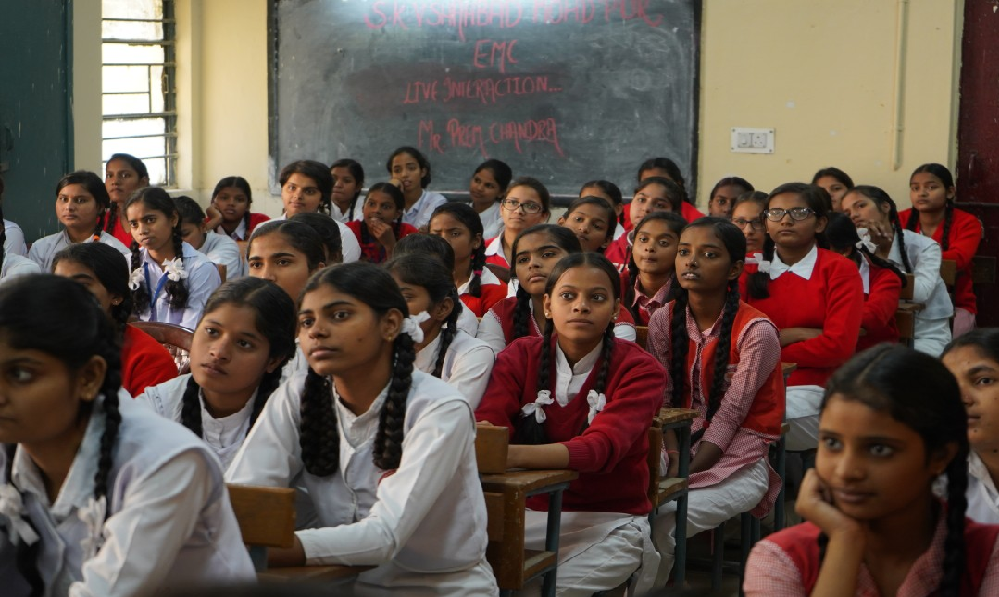Access to higher education remains a significant challenge for many students from low-income families. Despite their potential and aspirations, the cost of tuition, books, and other related expenses often becomes an insurmountable barrier. scholarship programs play a crucial role in bridging this gap, offering opportunities for poor students to pursue their academic dreams and break the cycle of poverty. These programs provide essential financial support, making higher education accessible to those who might otherwise be excluded. In addition to covering tuition fees, scholarships often include funding for textbooks, technology, and living expenses, alleviating the financial burden that can deter students from continuing their studies. Beyond the immediate financial relief, scholarship programs also offer a sense of validation and encouragement, reinforcing the idea that academic excellence and perseverance are valued and achievable. This comprehensive support system not only empowers students to succeed academically but also helps them to envision and achieve a brighter future.
Breaking Financial Barriers
The most immediate impact of scholarship programs is the alleviation of financial stress. For students from economically disadvantaged backgrounds, the cost of higher education can be overwhelming. Scholarships reduce or eliminate tuition fees, allowing students to focus on their studies without the constant worry of financial burdens. This financial support not only makes education accessible but also opens doors to institutions that might otherwise be out of reach.
Fostering Personal Growth and Confidence
Beyond the financial and academic benefits, scholarships have a profound impact on a student’s personal development. The recognition that comes with being awarded a scholarship boosts self-esteem and confidence. It affirms a student’s abilities and potential, motivating them to strive for excellence. This sense of achievement often extends beyond the classroom, influencing how students perceive their future possibilities and career aspirations.
Encouraging Social Mobility
One of the broader societal impacts of financial aid for education is the promotion of social mobility. Education is a powerful tool for lifting individuals and families out of poverty. By providing access to higher education, scholarships empower students to gain the skills and qualifications needed for better employment opportunities. This not only improves the individual’s life prospects but also contributes to the economic development of their communities. As these graduates succeed and advance in their careers, they often become role models and advocates for education, inspiring others in their communities to pursue academic and professional goals. This ripple effect creates a cycle of achievement and growth, highlighting how targeted financial support can drive long-term progress and reduce systemic inequality.
Conclusion: The Role of Fikrah in Promoting Educational Equity
Organizations like Fikrah understand the transformative power of education and the vital role that scholarship programs play in achieving educational equity. By supporting initiatives that fund scholarships for poor students, Fikrah is helping to create a more inclusive society where every student, regardless of their financial background, has the opportunity to succeed in higher education. These efforts are essential in building a future where access to education is a right, not a privilege, ensuring that the next generation has the tools they need to thrive.
Click here to know more about “Why Scholarships Are Vital for Low-Income Students and Families”

